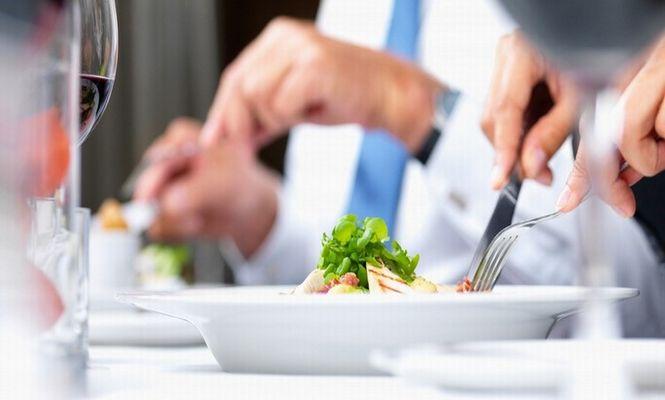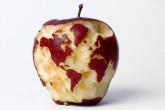Diet guidelines:
While the majority of people being on various diets fight overweight, there is a group of people who act oppositely and try to gain weight. Increase of weight in healthy way (by muscular tissue growth, and not adipose one!) is a slow process. To gain 0,5 kg a week the consumption of at least 500 kcal more a day consistently is needed. This quantity of calories can be variable because metabolism is affected by: body area, temperature, level of hormones, age, sex, condition of nervous system, consumption of coffee, tea, smoking and of course genetic factors. Taking into consideration mentioned above factors one must be conscious it is not easy.
|
|
|
Anyone who wants to gain weight, first of all during 7 days should carefully write down what he has eaten and drunk each day, strictly count consumed calories remembering about it is to be ordinary "nourishing" week. During these 7 days each morning before the first meal and each evening one registers his weight and its possible fluctuation and the correlation with taken daily calorie amount. Registering of consumed calories allows to estimate what calorie amount must be ensured to gain weight. To such obtained daily mean calorie consumption 500 kcal a day ought to be added. If after 2 months one has not gained weight, the amount of taken calories should be increased of 250 kcal in diet.
To gain weight one should obey several important rules of diet:
? every day eat consistently three primary meals plus two or three additional snack meals. None of them may be skipped. By extension of meal "schedule" to 5-6 one will not have to force himself to consume meals and additionally will not feel "stuffing". It often happens that only 2-3 hearty meals, which only needlessly weigh digestive system, are eaten a day. The last meal - snack ought to be eaten as late as possible to not to disturb sleep and problems with falling asleep. Among meals one should not take breaks longer than 4 hours,
? after physical exertion instead of water one should drink large quantity of liquid nourishment - thick fruit and vegetable juices and milk drinks (best fermented). Contained in them water activates muscles,
? intensify physical exercises to stimulate muscular tissue growth. In slim people physical exercises naturally cause weight losing instead of its gaining, but they stimulate appetite by what the quantity of consumed calories can be additionally increased. Exercises also cause bigger thirst what can be easily used to consume thick fruit and vegetable juices and milk drinks,
? to gain weight one must demonstrate patience, but the slower and more systematically one gains weight the more new kilograms will turn into muscular tissue instead of adipose one,
? generally the consumption of higher amount of fat influences weight gaining but consumption higher amount of fats of animal origin such as: butter, fatty cheese, fatty cream, fatty meat and fast food may lead to increase of cholesterol level, that is why they should be consumed in moderate amounts, whereas the consumption of unsaturated fats originated from olives, olive oil, sea fish and nuts is beneficial,
? sweets, which also influence weight increase, should be substituted by sweet nourishment of higher nutritional value: (because of content of vitamins and mineral salts essential to correct weight gaining) such as: thick fruit and vegetable juices and milk drinks, muesli, honey, nuts and raisins, dried fruit,
? avoid caffeine and nicotine as they are metabolism stimulators causing calories are faster burnt,
? rest, relax, physical exercises are factors which indirectly affect weight increase. Stress and tension of nervous system are factors which ought to be avoided in diet.
Products recommended (additional) in high - energetic (weight gain) diet
? pasta - made of semolina (half-hard cooked), brown (natural) rice,
? brown bakery products from full milling, whole-wheat bakery products, pumpernickel,
? muesli, flakes, nuts and raisins, sunflower seeds, pumpkin seeds,
? dried fruit: apricot, banana, papaya, apple, plum, figs, dates,
? fruit: pineapple, banana, grape fruit, avocado, strawberries,
? thick fruit and vegetable juices, nectars,
? milk drinks: kefir, yogurt, curdled milk, acidophilous milk,
? vegetables: green pea, corn (avoid canned one), potatoes, bean, carrot, vegetable marrow, olives, all remaining pod vegetables,
? crackers,
? honey,
? sea fish,
? olive oil,
? poultry, beef.
















